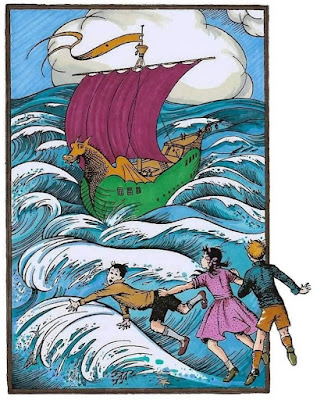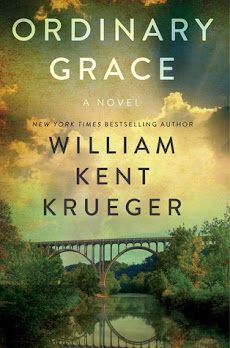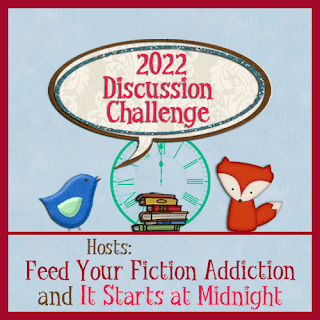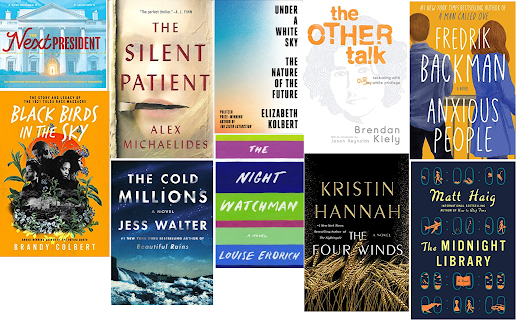 |
Illustration of the Voyage of the Dawn Treader by Pauline Baynes
|
Whew. I made it. I completed the third installment, The Voyage of the Dawn Treader, for Narniathan before the end of March. I got lost somewhere along the journey, wandering around in between all those lost islands, but I made it to the end of the book and enjoyed the glimpse of Aslan's Country in the far east.
This is my fourth or fifth time reading The Voyage of the Dawn Treader so I wasn't expecting any surprises. I've always enjoyed this book immensely, often citing it as my favorite in the seven book Chronicles of Narnia series. The surprise, however, was my reaction this time. I just didn't find the delight I remember experiencing on previous readings. However, personal circumstances have imposed on my moods so I will lay the blame there. Enough said.
I will start by answering the questions proposed by Calmgrove for Narniathon and then I'll see if I want to say anything more:
1. A picture as a portal didn’t originate with Lewis, for he may have taken the idea from an episode in John Masfield’s The Box of Delights (1935) in which Cole Hawlings passes into a painting called The Dents du Midi from the North
in order to escape from wolves. Here however it’s a painting of a
sailing ship on the high seas that the children enter. The question
therefore is, Assuming you would like to enter a picture, what subject would you choose or even, if you have one in mind, what specific image would you opt for?
In case you aren't familiar with this book or the series, the Pevensie children always enter Narnia in some unexpected way. In the first book, they enter through an old wardrobe. In the second book, Prince Caspian, they enter when a train whistles or a horn is blown. In Voyage of the Dawn Treader, Lucy and Edmund, and their horrid cousin Eustace, enter Narnia through a painting hanging on a bedroom wall. They even get wet before they are pulled all the way into a new land.
I've never really wondered at the possibility of entering a world through a paintin g before but I have been inspired by an author, Marcus Sedgwick, who wrote a remarkable novel, Midwinterblood, in a backward-telling series of stories, which was inspired by a painting called Midvinterblot by Carl Larrson displayed in the Swedish National Museum. After I looked at the painting of a naked king in some sort of ceremony, I became all the more vested in the strange story Sedwick told which he imagined led up to that moment. I like the idea that art inspires art.
So since I've never thought of it before and haven't given it much thought, I've always liked the action in Renoir's paintings. His famous Luncheon of the Boating Party (1882) looks like a fun and congenial event. I'd like to experience such a meal with so much wine and camaraderie.
2. There are many characters, old and new, that appear in this instalment,
from Reepicheep to Eustace, Caspian to Coriakin, Aslan to the Duffers. What character (or characters) made the strongest impression on you in this book, and why?
As per usual, the character that interests me the most in this book is Eustace. My interest starts with one of the best opening lines in all of literature:
There once was a boy called Eustace Clarence Scrubb, and he almost deserved it (1).
I laugh or smile every single time I read that line. Eustace was a brat, a bully, and a bore (boar?) He is magically transported, via a painting, onto a Narnian ship en route to discover the whereabouts of seven lost Telmarian lords who traveled to the far East. He isn't caught up in the magic at all. He is just mad about being wet, or the food, or the lack of the British Consulate. That is until he is magically turned into a dragon and he discovers, almost too late, the negative aspects of his personality and is saved by Aslan after he repents of his past ways. I love the part of the story where he is clawing at his skin causing it to shed like a snake, but is unable to get his dragon scales off by himself.
"Well, he peeled the beastly stuff right off -- just as I thought I'd done it myself the other three times, only they didn't hurt...Then he caught hold of me... and threw me in the water. It smarted like anything, but only for a moment. After that it became perfectly delicious and as soon as I started swimming and splashing I found that all the pain had gone from my arm. And then I saw why. I'd turned into a boy again" (89-90).
As a Christian I've always appreciated Eustace's troubles. He thought he was smart and could handle things himself. But when it came to saving himself, he couldn't do it. He needed Aslan, just like I need Jesus. I can never be good enough, smart enough, holy enough to deserve his help either. I just have to be humble enough to accept his help
3. Stories of voyages and expeditions have always intrigued listeners and
readers, whether to the north, west, south or — as here — east. Lewis
uses The Voyage of the Dawn Treader to further explore the world made by Aslan — we will travel north, south and west in later installments — so, What do you think is the significance, if any, of this sea voyage towards the rising sun?
The sun rises in the East. The Chronicles of Narnia are thought to be a Christian allegory and the scriptures often refer to the sun and to God's light as a metaphor for God's divine nature, and to Christ's return coming from the East (Matthew 24:27.) I think Lewis was relying on these types of scriptures as symbols Christians might recognize. This is the first of the Narnia books where Aslan alluded to his presence on earth, not as a lion but as a savior nonetheless. Lucy is pacified by this declaration.
In the book Planet Narnia author Michael Ward proposes that Lewis intentionally designed each of the seven books in the Narnia series to be ruled/dominated by characteristics of the different planets. The Voyage of the Dawn Treader is therefore dominated by characteristics of the sun or Sol. This interesting article about Sol (Planet Narnia) talks about the characteristics of Sol (Apollo) which seem relevant to the book:
- "His sphere was the heaven of theologians and philosophers and produced the noblest metal, gold." -- See chapter VIII, Two Narrow Escapes.
- "Sol burns away base considerations of greed and profit." -- See chapter VI, The Adventures of Eustace.
- "Sol brought about fortunate events." -- See chapter IX, The Dufflepuds Made Happy, et al.
Well, what do you know? Just spending a little more time answering the questions and analyzing the text has brought me back around. This was and remains an awfully good story. And after the death of a dear relative this past week, it does my heart good to think of Dom bathed in Aslan's (God's) bright light in His Kingdom.
Book Beginnings on Friday is hosted by Rose City Reader. Share the opening quote from current book.
The Friday56 is hosted at Freda's Voice. Find a quote from page 56 to share.
Visit these two websites to participate. Click on links to read quotes from books other people are reading. It is a great way to make blog friends and to get suggestions for new reading material.
-Anne


































